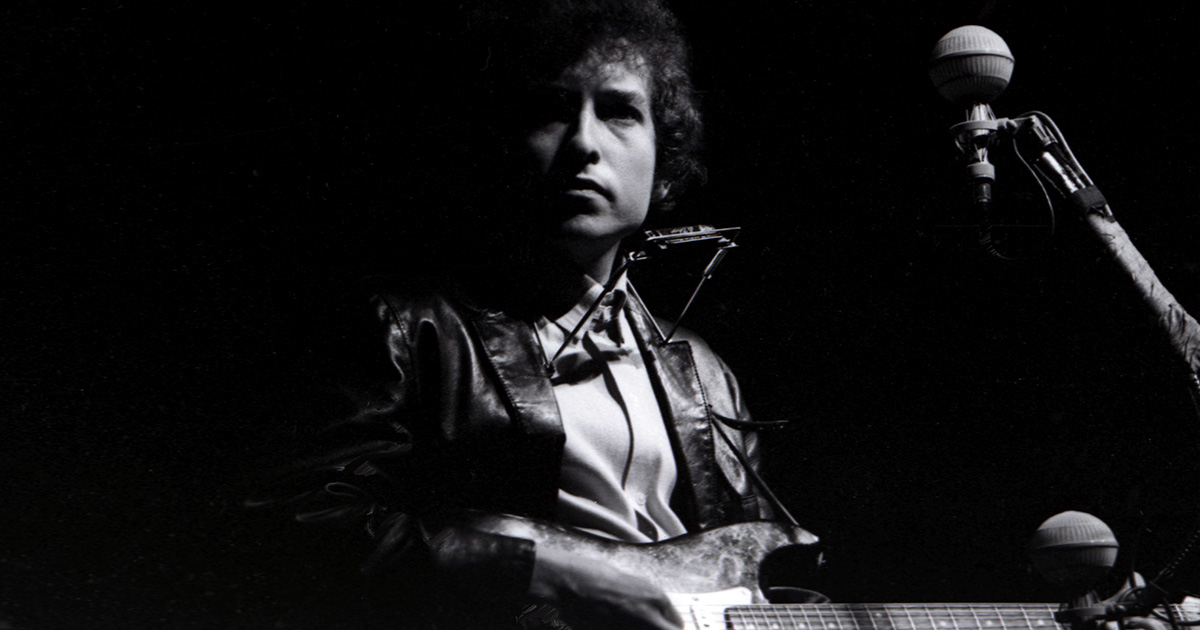
Odetta, Ginger Ale, and the First Newport Folk Festival
Newport artists remember the artist who helped inspire it all.
What compelled George Wein, the founder of the Newport Jazz Festival, to launch a folk festival back in 1959? Two things: Ginger ale and Odetta. At the time, Odetta was building a large following for singing spiritual and traditional songs like Glory Glory, Santy Anno, Mule Skinner Blues, and many others in an operatic style filled with power and soul. And for Wein, who regularly introduced new artists at his Boston jazz club Storyville to lure crowds in, Odetta meant lots and lots of ginger ales too.
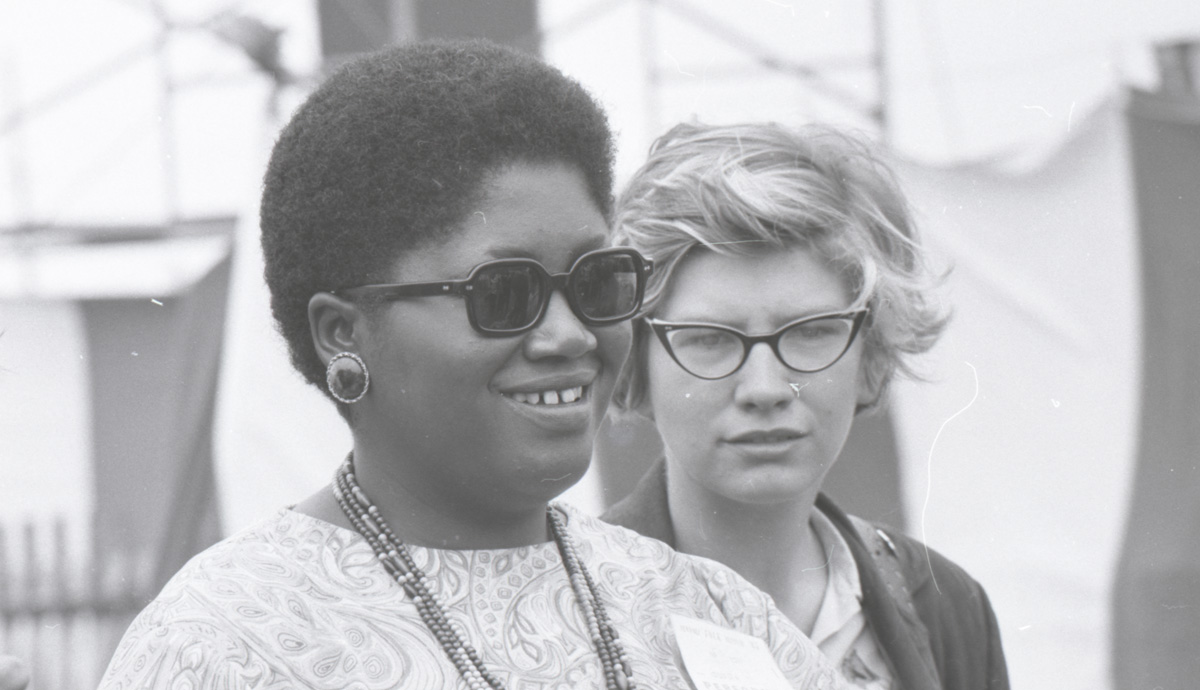
Photo by David Gahr
“If I had to pick one person responsible for the establishment of the Newport Folk Festival in 1959, it would be Odetta,“ George Wein recalled in Odetta, A Life in Music and Protest. “We had Sunday afternoon sets at Storyville in those days and I saw hundreds of young people were filing the club, buying $1 ginger ales, just to hear this magnificent artist whose beauty and power of self-presentation reached deeply into their musical minds.”
Odetta’s clear talent and popularity gave Wein an idea. What if there was a folk set at Newport Jazz? It could include performers like Odetta, Pete Seeger, and the Weavers. It seemed like a good idea but the more Wein dug in, he realized that the folk scene could stand up its own festival.
While the initial Newport Folk is perhaps most remembered for the surprise launch of Joan Baez’s musical career, it was Odetta who stood out in the coverage of the day for representing—and perhaps defining—what folk music meant in 1959.
We looked to a few Newport Folk alumni for their thoughts on Odetta, to find out what the queen of folk means to them and their music.
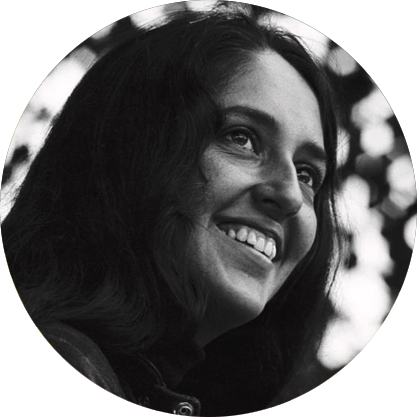
Joan Baez
“Odetta was my Queen.” said Joan Baez, in Odetta’s biography. “When I first met her… my knees went to jelly, and that doesn’t happen to me very often.”
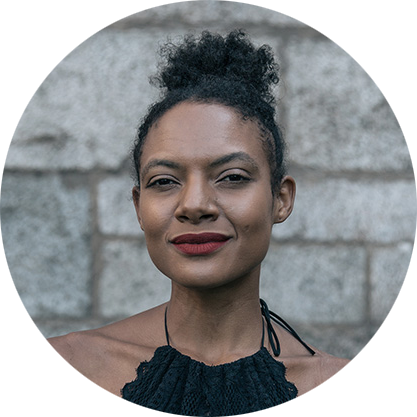
Odetta: A Tribute by Allison Russell
“You’re walking down life’s road, society’s foot is on your throat, every which way you turn you can’t get from under that foot. And you reach a fork in the road and you can either lie down and die, or insist upon your life.” — Odetta
Odetta insisted upon life — not just her life but a free and equal life for all. She used her Voice of the Ages to conjure a powerful circle of radical inclusivity and healing through music, art and culture that birthed and desegregated the Greenwich Village Folk scene, inspired Bob Dylan to go folk, inspired Joan Baez and countless other artist/activists, and galvanized the Civil Rights Movement in America.
Her influence is immeasurable, towering, still flowering.
I count it as one of the greatest blessings of my life that I got to meet and sing with Odetta in 2004 at the Vancouver Folk Festival, at the very beginning of my career. I strive to carry her torch and walk in her footsteps as an artist and a humanist.
On Sunday, July 25th 2021, I had the honor of curating the final set of Newport Folk Fest— it was the first incarnation of “Once and Future Sounds: Roots and Revolution”— a collaboration of artists whose mission & oeuvre continue to fulfill and expand Odetta’s & Newport’s art-first anti-bigotry promise: including Chaka Khan, Adia Victoria, Amythyst Kiah, Brandi Carlile, Brittney Spencer, Caroline Randall Williams, Celisse, Joy Oladokun, Kam Franklin, Kyshona, Lucius, Margo Price, Sunny War and Yola.
All of us stand on Odetta’s shoulders.
Maya Angelou once said, “If only one could be sure that every 50 years a voice and a soul like Odetta’s would come along, the centuries would pass so quickly and painlessly we would hardly recognize time.”
I second that emotion. Long may Odetta’s voice and soul continue to inspire and empower us all.
Mother Odetta
We’re all her Folk Family
Sing her Freedom Song
Once and Future Sounds
Branches Roots Revolution
It’s Our Time to Rise

Celisse
“Odetta is one of the OG ‘artivists.’ She dared to show up in spaces, unapologetically black, armed with the power of one of the truest voices we will ever know. She sang songs like Take this Hammer and Gallows Tree with such unrelenting power, that the collective ache, experienced daily by the oppressed was witnessed by the masses, thanks to her music.”
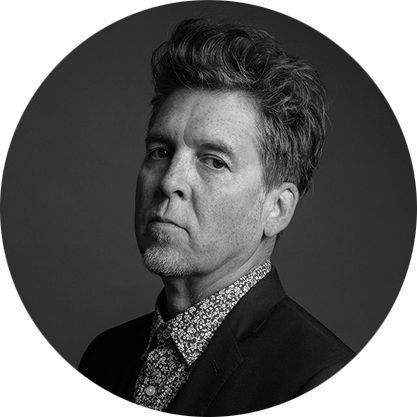
Joe Henry
The steadfast specter of Odetta upon the landscape of my consciousness and evolution seems near-Biblical from this vantage point; for what she offered by courage and grace feels no less significant this hour than Moses putting a foot upon a sea he had little reason to believe would not swallow him whole. And too, like Moses, she descended from atop a mountain ––commandments thrumming like struck stings in her hands–– to stand among us: fully mortal, yet transcending the very limitations of earth and time that might otherwise define us. For though she has now gone, we are not bereft of her spirit and example.
Odetta was a messenger of the Beloved if anyone has ever been such; and I learned by and leaned into the power and mystery of her Song, understanding it to be the currency and language of community; a field guide to survival; a map of the river by which justice breaches the banks, flooding the streets of cities that must ultimately surrender to its sacred alchemy and fierce sovereignty.
I didn’t so much discover Odetta as I felt her countenance discover me. I woke to recognize she was part of the very air I’d long been breathing; an influence upon those most influential to my formation.
I was in early conversations about us potentially working together when at long last her body gave up its ghost. And though I have grieved the missed opportunity (and oh, how I grieved it), I felt myself nonetheless affirmed and blessed by my mere proximity to her, as she neared the end of her heroic journey.
It feels now that she was always moving before me like a shaman on the road: possessing everything by holding onto nothing; showing by her witness that we can give it all away and yet remain whole. She speaks to me even now ––upholds me through uncertainty. And I am wild with gratitude.
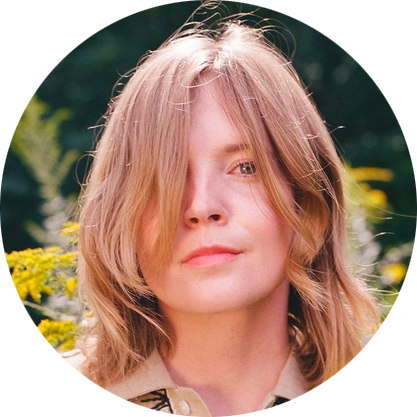
Courtney Marie Andrews
“All it took was an acoustic guitar and that voice to fill a room with joy. Odetta’s conviction and power was unmatched in the folk world.”
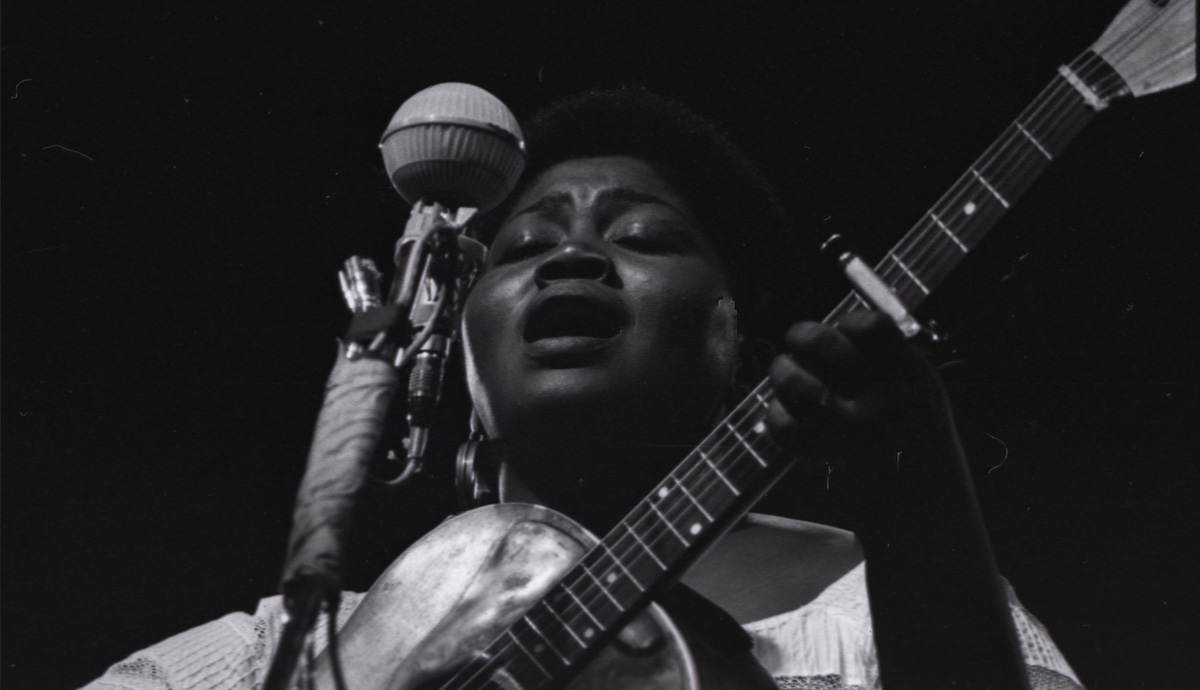
Photo by David Gahr
Covering the first Newport Folk Festival back in 1959 for The New York Times, Robert Shelton wrote that Odetta “offered what this listener felt was the crowning performance of the week-end.” And added that “she was overwhelmingly in form. Here was folk music identification married to theatrical vocal artistry at its best.”
It was the combination of traditional music, craft, emotion, soul and performance mastery that would lay the groundwork for Newport performances for decades to come. “Instantly, she became not only the great discovery,” said George Wein. “But also the living symbol of the first Newport Folk Festival.”
